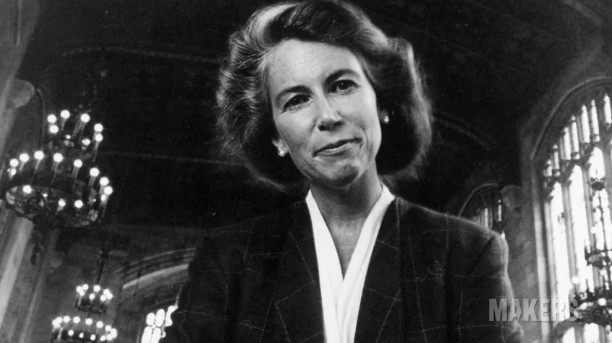Liberalism and the Death of Feminism
«Il exista une fois un mouvement féministe. [ … ]
Lorsque ce mouvement critiquait le viol, il critiquait les violeurs et le point de vue selon lequel le viol est du sexe. Quand il critiquait la prostitution, il critiquait les proxénètes, les clients et le point de vue selon lequel les femmes sont nées pour vendre du sexe. Quand il critiquait l’inceste, il critiquait ceux qui avaient fait ça à nous, et le point de vue qui érotisait notre vulnérabilité et notre silence imposé. Quand il critiquait les violences conjugales, il critiquait les agresseurs, et le point de vue selon lequel la violence exprime l’intensité de l’amour. Personne ne pensait qu’en critiquant ces pratiques, le mouvement critiquait leurs victimes.
Il a également critiqué des concepts sacrés, du point de vue matériel de l’existence des femmes, de notre réalité, des concepts comme le choix. C’était un mouvement qui savait que quand les conditions matérielles excluent 99% vos options, ça n’a pas de sens d’appeler le 1% restant -ce que vous faites – votre choix. Ce mouvement n’était pas dupe de concepts comme le consentement. Il savait que quand la force est une partie normalisée du sexe, que quand un « non » est pris pour un « oui », que quand la peur et le désespoir engendrent un acquiescement, et que cet acquiescement est considéré comme un consentement, alors le consentement n’est pas un concept significatif.»
« Once there was a women’s movement. […]
When this movement criticized rape, it meant rapists and the point of view that saw rape as sex. When it criticized prostitution, it meant pimps and johns and the point of view that women are bom to sell sex. When it criticized incest, it meant those who did it to us, and the point of view that made our vulnerability and enforced silence sexy. When it criticized battery, it meant batterers, and the point of view that violence expressed the intensity of love. Nobody thought that in criticizing these practices, the movement was criticizing their victims.
It also criticized sacred concepts from the standpoint of women’s material existence, our reality, concepts like choice. It was a movement that knew when material conditions preclude 99 percent of your options, it is not meaningful to call the remaining 1 percent— what you are doing— your choice. This movement was not taken in by concepts like consent. It knew that when force is a normalized part of sex, when no is taken to mean yes, when fear and despair produce acquiescence and acquiescence is taken to mean consent, consent is not a meaningful concept. »
Liberalism and the Death of Feminism, par Catharine MacKinnon, 1990
